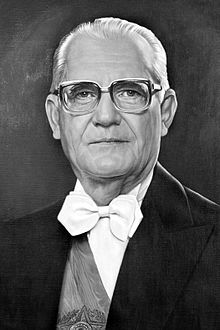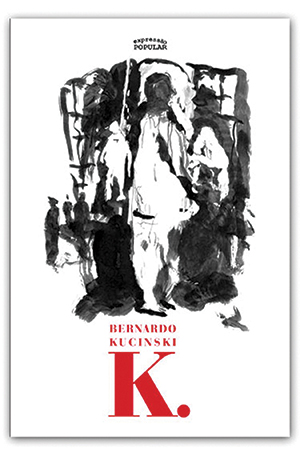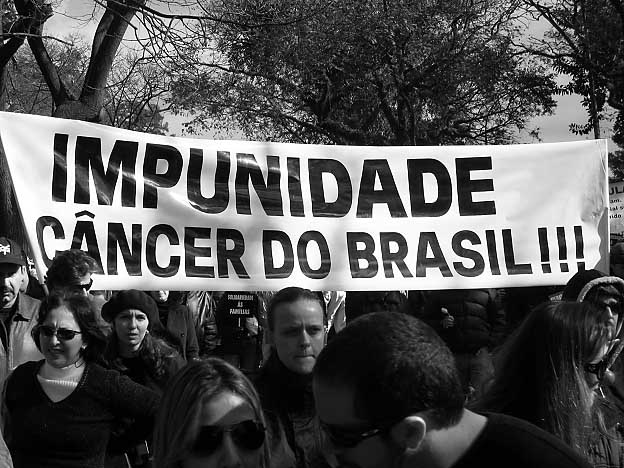Kissinger pulled the strings
Kissinger wanted to bring Geisel close to the US – though when Jimmy Carter became president in 1977 relations cooled and arms sales stopped on account of human rights abuses in Brazil.

Impunity for torturers
These revelations also bring back to the fore the impunity of all the senior Generals who governed Brazil at this time. Indeed, the Amnesty Law decreed by Figueiredo himself, Geisel’s successor, before he left office in 1985, conferring on the military immunity from judicial proceedings (i.e. impunity), included a self-amnesty since he himself had authorized the killings as head of the SNI. Some lower level officers have been convicted. The current Minister of Security avoided making any substantive comment, but last week his Secretary General, General Carlos Alberto dos Santos Cruz, instead of dealing with the issue, insinuated, in yet another belittling of the crimes of the past, that the revelations might be motivated by a political purpose, namely to hurt the many retired military officers standing in the forthcoming elections. The military stated some time ago that ‘in accordance with practices in force at that time’, the documentation of the period had been destroyed. The CNV (National Truth Commission) established by President Dilma Rousseff more than twenty years after the return to civilian rule, conducted extensive public hearings throughout Brazil and published a monumental report in 2014, listing the names of 420 people who had died or been made to disappear for political reasons between April 1st 1964 and 1988. According to the journalist Luiz Claudio Cunha, who has devoted his life to researching the dictatorship, in the 21 years of dictatorship:- 500,000 citizens were investigated by security agencies;
- 200,000 arrested on suspicion of subversion (of whom 50,000 were imprisoned between March and August 1964, with 1,792 tried for ‘political crimes’ by the Military Courts under the National Security Law);
- 10,000 were tortured by the notorious and secret DOI-CODI unit;
- 10,000 Brazilians were forced into exile;
- 4,862 elected officials. from presidents to local municipal councillors, were removed and deprived of their political rights.
Lest we forget…
Societies forget too easily, and sometimes barely begin to remember. If the German state had not undertaken strenuous efforts after the war, the Nazis would have passed into a laundered version of the country’s history, which is what happened in Austria where there was no denazification, and where today the extreme right Freedom Party, heir to Nazi apologists, is a partner in the government, in charge of foreign, interior and defence ministries. In Chile still today a candidate who expressed enthusiastic support for Pinochet got 8 per cent of the vote in the 2017 elections; in Peru a pardon was recently granted to the former authoritarian President Fujimori by President Kuczynski – who then had himself to resign because of the scandalous circumstances of the pardon. (Those crimes were committed during a 16-year civil war in which massacres and abuses were perpetrated both by the security forces and, to an even greater extent, by the Shining Path guerrilla forces.), Argentina is the only country where hardly anyone dares to speak in defence of the military dictators who ruled from 1976 till the 1982 Falklands War. Although Uruguay never established an official Truth Commission, in 2010 the voters did elect as President the former Tupamaro leader José Mujica who had spent 15 years in prison, much of that in solitary confinement.Sources: http://cnv.memoriasreveladas.gov.br https://g1.globo.com/politica/blog/matheus-leitao/post/2018/05/11/e-muito-triste-e-perturbador-diz-professor-que-encontrou-documento-da-cia-sobre-execucoes-no-periodo-geisel.ghtml https://g1.globo.com/politica/noticia/mais-de-80-morreram-ou-desapareceram-na-ditadura-apos-geisel-autorizar-a-execucao-de-subversivos-perigosos-veja-lista.ghtml The CIA document is reproduced here: https://jornalggn.com.br/noticia/as-ligacoes-da-cia-com-a-ditadura-militar-no-brasil-por-matias-spektor


